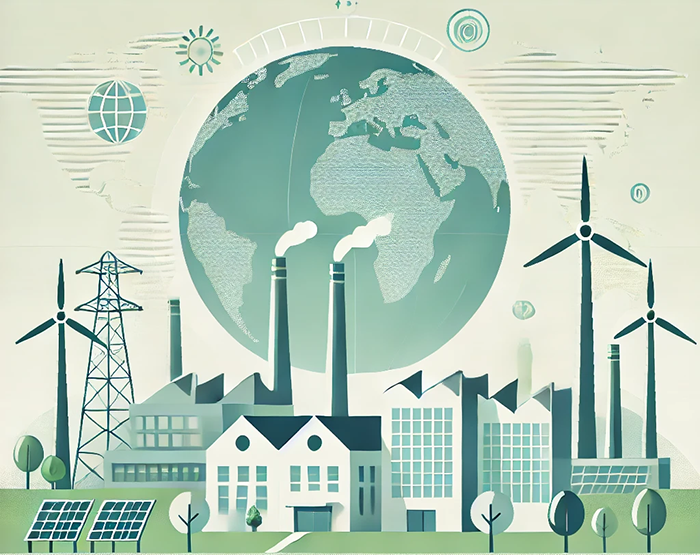2025-03-26
markets

The OECD has released a new financial toolkit developed under the 2024 Climate Club Work Programme. The document provides guidance on economic, de-risking, and financing instruments to support industry decarbonisation across emerging and developing economies (EMDEs) as well as developed countries. The initiative forms part of Pillar III of the Climate Club’s strategy, focused on international cooperation and partnerships. This toolkit introduces 28 instruments, detailing their design, purpose, benefits, and typical providers. These are divided into three categories: economic instruments such as tax credits and carbon pricing schemes; de-risking tools like political risk insurance and buyer credit guarantees; and financing mechanisms including concessional loans, bonds, and sustainability-linked instruments. Each is supported by case studies that illustrate practical implementation. The toolkit also provides a preliminary economic assessment of low-carbon technologies in sectors such as steel, cement, and petrochemicals. For instance, it examines the application of carbon capture and storage (CCS), renewable hydrogen, and biomass-based processes. In parallel with the toolkit, the OECD supports a Global Matchmaking Platform (GMP), where EMDEs can request technical and financial support for decarbonisation efforts. The toolkit aims to help stakeholders, including governments, development banks, and private investors, select suitable instruments to meet specific decarbonisation needs. With industrial sectors accounting for roughly 25% of global emissions and requiring an estimated USD 10–15 trillion in investment by 2050, the report emphasises that tailored financial solutions will be essential to address investment gaps. The toolkit is intended as a living document, to be updated through 2026 with new instruments and examples based on lessons learned and stakeholder engagement.

